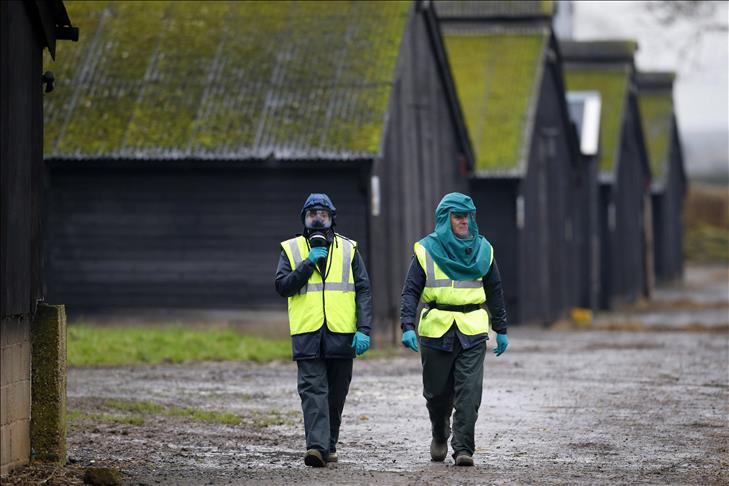
By Barry Ellsworth
TRENTON, Ontario
A beef cow in the province of Alberta was found Friday to have mad cow disease.
The Canadian Food Inspection Agency, or CFIA, said none of the meat from the animal was distributed to wholesalers or stores, nor did it enter animal feed systems.
The CFIA has launched an investigation in an attempt to discover how the cow became infected.
“The CFIA is seeking to confirm the age of the animal, its history and how it became infected,” the agency said in a statement on its website.
Other cows that may have contracted the disease by exposure to similar risks as the infected cow will need to be destroyed, the agency said.
Bovine spongiform encephalopathy, or BSE – a progressive brain disease that can prove fatal – is believed to originate and spread when cattle eat food derived from the brains and spines of infected cattle or sheep.
Humans who eat BSE-infected meat can develop the fatal variant Creutzfeldt-Jakob disease. It is untreatable. Fewer than 250 human cases have been reported with the majority in the UK and France.
This is the first case of mad cow disease in Canada since 2011.
But exports of Canadian beef were hit hard in 2003 after the first case of BSE was discovered on a Canadian farm. About 40 markets immediately banned Canadian beef.
While the export gates were opened again, the World Organization for Animal Health labeled Canada a “controlled risk” status.
It is too soon to say if the exports of Canadian cattle or beef will be affected by this latest discovery but it may well prevent Canada from upgrading from the “controlled risk” designation.
Anadolu Agency website contains only a portion of the news stories offered to subscribers in the AA News Broadcasting System (HAS), and in summarized form. Please contact us for subscription options.







